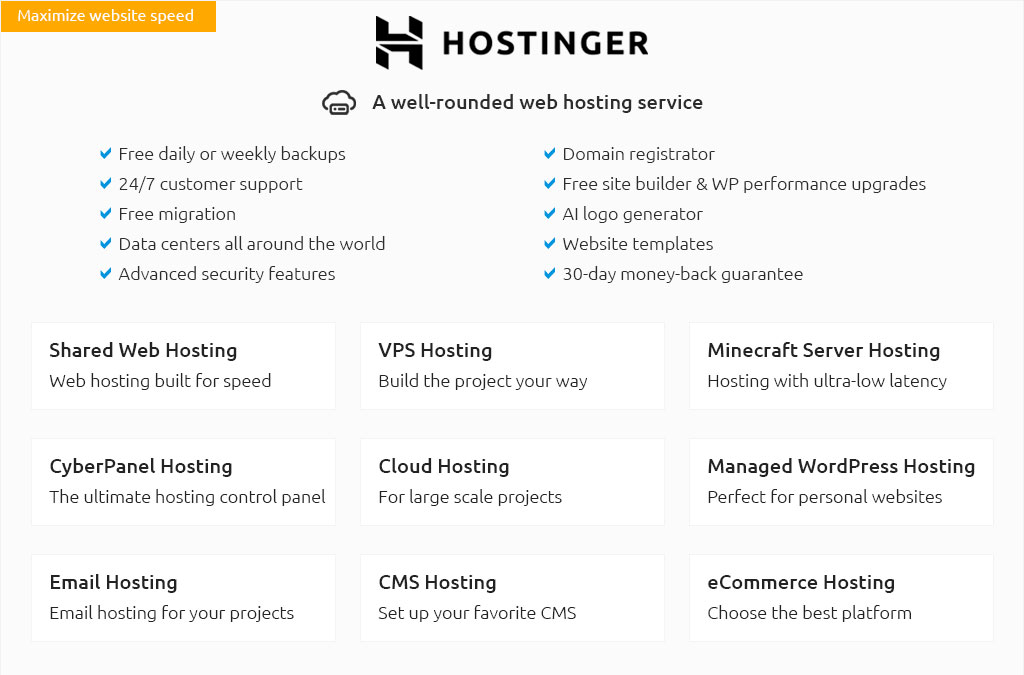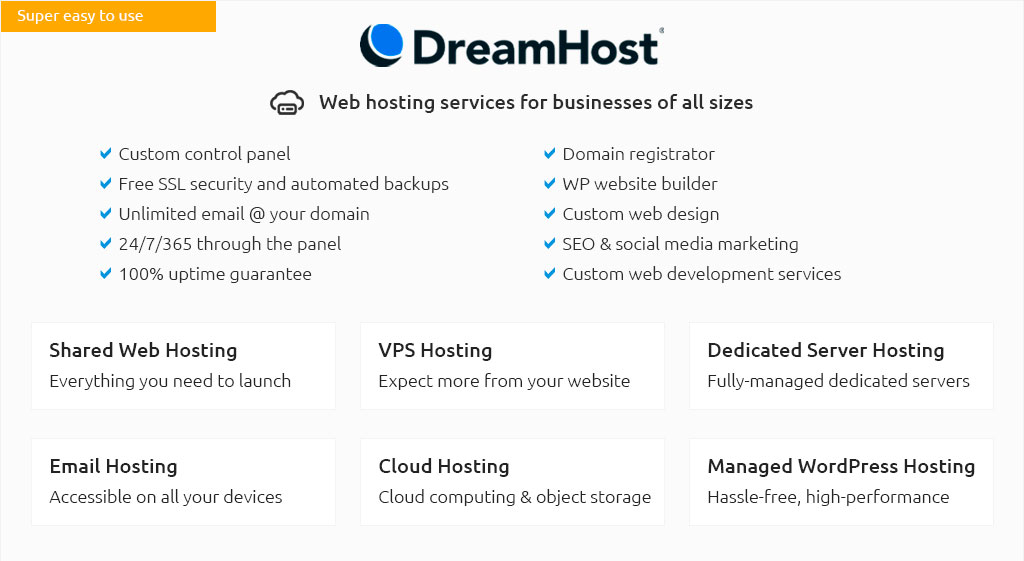 |
|||
 |
 |
 |
|
 |
|
 |
 |
 |
|||
 |
|||
 |
|||
 |
|||
 |
 |
The Comprehensive Guide to Dedicated Servers: Weighing the Pros and ConsIn the ever-evolving realm of technology, the term dedicated server often emerges as a pivotal consideration for businesses and individuals seeking robust online solutions. These servers, renowned for their exclusive allocation to a single client, stand in contrast to shared hosting, where resources are distributed among multiple users. This distinction is crucial for those who prioritize performance and security. But is a dedicated server the right choice for you? Let's delve into the intricacies, exploring both advantages and potential drawbacks, to aid in making an informed decision. At its core, a dedicated server offers unparalleled control and customization. Unlike shared hosting, where the server's capabilities are divided, a dedicated server allows users to tailor the environment to their specific needs. This customization extends to the choice of operating systems, hardware configurations, and even software installations, enabling businesses to optimize their server to suit their unique demands. The benefits of such autonomy are particularly evident for large enterprises or websites with substantial traffic, where performance is non-negotiable. Performance is indeed a key selling point. With resources solely allocated to one client, dedicated servers often deliver superior speed and reliability. Websites hosted on these servers can handle high volumes of traffic without compromising load times, a critical factor in maintaining user engagement and satisfaction. Furthermore, the security afforded by dedicated servers is another significant advantage. With exclusive access, businesses can implement stringent security measures, reducing the risk of data breaches and ensuring compliance with industry regulations. However, it's important to approach the decision with a balanced perspective. Cost is a notable consideration when evaluating dedicated servers. The exclusivity and high performance come at a premium, which may not be feasible for smaller businesses or startups with limited budgets. Additionally, managing a dedicated server requires a certain level of technical expertise. Unlike shared hosting, where the provider handles most maintenance tasks, dedicated servers often require users to manage updates, patches, and troubleshooting, which can be daunting for those without a dedicated IT team. It's also worth noting the potential for underutilization. Businesses must assess whether their needs truly justify the investment in a dedicated server. For companies with moderate traffic or minimal resource demands, the capabilities of a dedicated server might remain untapped, leading to unnecessary expenditure. In summary, while dedicated servers offer significant advantages in terms of performance, security, and customization, they are not without their challenges. Prospective users must carefully consider their specific requirements, technical capabilities, and budget constraints. By weighing the pros and cons, businesses can make informed decisions that align with their objectives and ensure they harness the full potential of their online infrastructure. Ultimately, the choice of a dedicated server should be guided by a thorough understanding of both its benefits and limitations, ensuring that the investment aligns with the strategic goals of the organization. As technology continues to advance, staying informed and adaptable remains key to leveraging the best possible solutions. https://en.wikipedia.org/wiki/Dedicated_hosting_service
A dedicated hosting service, dedicated server, or managed hosting service is a type of Internet hosting in which the client leases an entire server not ... https://www.reddit.com/r/xboxone/comments/1gvktz/can_someone_explain_dedicated_servers_for_me/
Dedicated servers are centralised servers with the sole purpose of hosting matches and processing the information and sending information to all ... https://www.latitude.sh/blog/what-is-a-dedicated-server-everything-you-need-to-know
Latitude.sh offers dedicated servers at very cost-effective rates when compared to their VM counterparts, with active clients saving as much as ...
|